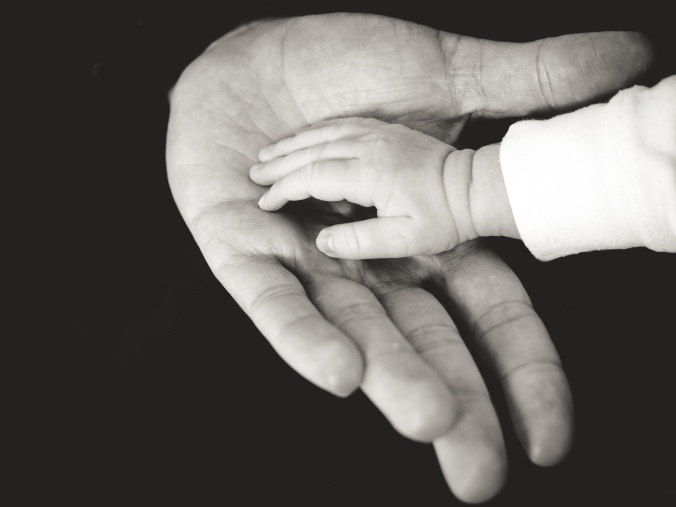Tags
Divorce, Dr. Craig Childress, Parental alienation, Parental alienation syndrome, psychological abuse, Richard A. Gardner
Parental Alienation Syndrome
More than twenty years ago the late author and renowned child psychiatrist Richard A. Gardner coined the term Parental Alienation Syndrome. He used this term to characterize the breakdown of what was previously normal and healthy parent-child relationships during divorce and child custody cases.

The definition of parental alienation according to Gardner is simple. One parent (in most cases the resident parent) deliberately damages, and in some cases destroys the previously healthy loving relationship between the child and the child’s other parent (the non-resident parent).
A key tell-tale sign of Parental Alienation is when the alienating parent prevents their children from having any relationship with the grandparents, aunts, uncles, and cousins on the alienated parents’ side of the family.
In 2014 Dr. Craig Childress introduced an improved model of parental alienation, based on attachment theory. It is sometimes referred to as ‘pathogenic parenting’. Its definition and basis are arguably based within a more psychological context than the Gardner Model. Childress argues that severe parental alienation is simply a manifestation of standard and established forms of pathologies. Childress’ argument is that his Attachment Based Parental Alienation model is not a theory, nor does it describe a mental illness. Instead, its intention is to describe a specific set of symptoms in a child which lead a psychologist to a clinical diagnosis of Child Psychological Abuse.
Article 9 of The UN Convention on the Rights of the Child (separation from parents) states that:
- Children must not be separated from their parents against their will unless it is in their best interests (for example, if a parent is hurting or neglecting a child).
- Children whose parents have separated have the right to stay in contact with both parents unless this could cause them harm
Terms such as ‘alienating behaviours’ are certainly used in the writing of fact finding assessments and reports. Numerous court and social services based professionals will both admit and acknowledge that the problem of one parent alienating the children against the other parent is common and damaging to the well being of the affected children. However, it is rarely acted upon by the courts due to it currently not being recognized by any government authority in the UK.
